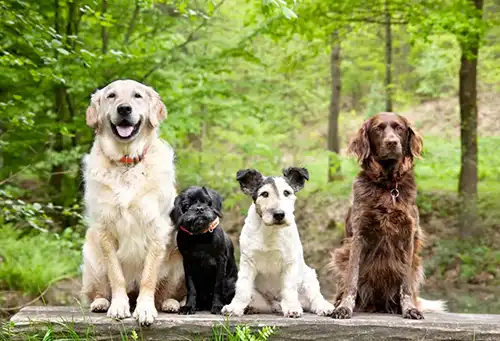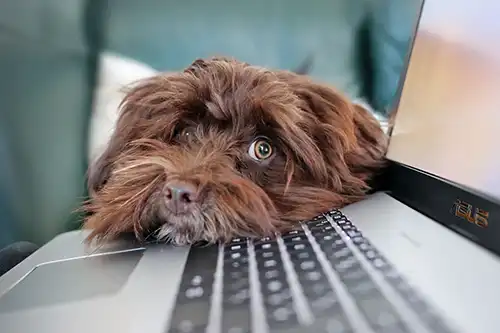Are you feeling nervous about your pet’s upcoming surgery?
Bringing a family member in for a surgical procedure is never easy. At Luv-N-Care Animal Hospital, we know exactly what you’re going through because we’re pet owners too. Rest assured that we’ll do everything in our power to ensure that your loved one’s surgery is as safe and stress-free as possible.
The surgical procedures our doctors can perform include, but are not limited to:
Pre-Surgical Care
The surgical care at Luv-N-Care Animal Hospital begins with thorough preoperative screening, which helps reduce the risk of complications for your pet. We’ll also develop a safe, effective plan to keep your pet comfortable and pain-free – before, during and following surgery.
Surgery
Whether routine or advanced, your pet’s procedure will be our top priority. From the moment you arrive, we’ll be there to set your mind at ease and help keep your pet calm and relaxed.
Once safely sedated, our team will complete the surgery as efficiently as possible. As the doctor works, our dedicated support staff will remain present to assist with surgery and closely monitor your pet’s wellbeing.
Advanced Healing
We incorporate advanced healing techniques to optimize your pet’s recovery. Utilizing CO2 laser technology for precise incisions minimizes discomfort and accelerates tissue repair. We can also utilize cold laser and Phovea therapy treatments to promote cellular activity and reduce inflammation for better, faster incision healing. We are committed to ensuring your pet’s post-surgical journey is marked by efficiency, comfort, and a swift return to their vibrant, healthy self.
After Care
After surgery, we’ll gently relocate your pet to our recovery area, where our staff will continue to offer comfort and reassurance.
When you arrive to pick up your pet, we’ll explain our aftercare instructions, including a plan for post-surgical pain management.
Surgery doesn’t have to be a source of anxiety, especially if you’ve got the experienced, compassionate team at Luv-N-Care Animal Hospital in your corner. Contact us today and let’s discuss how we can help with all of your companion’s surgical care needs.
Luv-N-Care Animal Hospital
1482 N Ronald Reagan Blvd
Longwood, FL 32750
t: 407-767-0606
Also serving Orlando, FL and surrounding areas.
Working Hours
Monday: 7:30am – 7:00pm
Tues-Thurs: 7:30am – 6:00pm
Friday: 7:30am – 7:00pm
Saturday: 8:00am – 3:00pm
Sunday: 9:00am – 4:00pm






!Social Media Icons